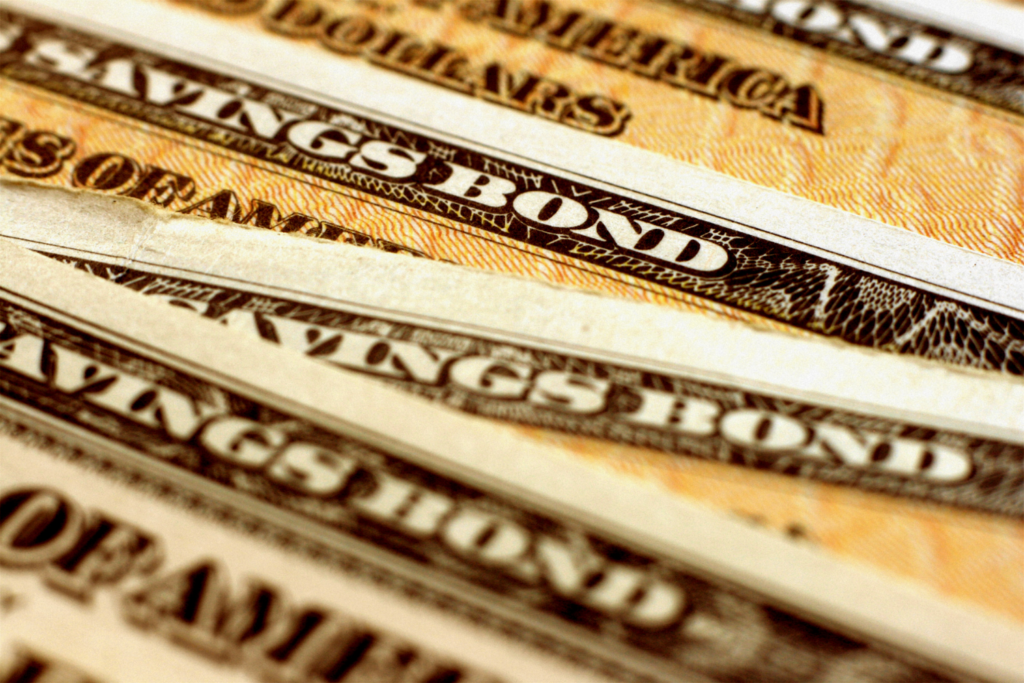
Coffee isn’t just a beloved morning ritual; it’s a thriving global commodity and an enticing investment opportunity. Whether you’re looking to invest in coffee as a commodity, buy stock in major coffee companies, or dive into the world of coffee shops, there are unique advantages and challenges at every level. This comprehensive guide explores the pros and cons of investing in coffee, from the beans themselves to the bustling cafes, and highlights some of the best stocks and opportunities to consider.
Contents
Pros of Investing in Coffee
Before diving into the world of coffee investments, it’s crucial to understand the potential benefits that make this commodity an attractive option.
- Global Demand: Coffee is one of the most consumed beverages worldwide, ensuring consistent demand. This stability can make coffee-related investments relatively secure compared to more volatile commodities.
- Market Growth: The global coffee market is projected to continue growing, driven by increasing consumption in emerging markets and a rising trend in specialty coffee.
- Diversification: Investing in coffee can provide diversification for your portfolio. As an agricultural commodity, coffee prices are influenced by different factors compared to stocks and bonds, potentially reducing overall portfolio risk.
- Innovation and Trends: The coffee industry is dynamic, with constant innovations such as cold brews, specialty coffee, and eco-friendly production methods. These trends can lead to new growth opportunities for investors.
Cons of Investing in Coffee
While the allure of coffee investments is strong, it’s important to weigh the potential downsides that come with this type of investment.
- Price Volatility: Coffee prices can be highly volatile, influenced by factors such as weather conditions, diseases affecting coffee plants, and geopolitical events. This volatility can pose risks for investors.
- Production Challenges: Coffee production is sensitive to environmental factors. Climate change, pests, and diseases can significantly impact coffee yields and quality, affecting the profitability of coffee investments.
- Market Competition: The coffee market is highly competitive, with numerous players ranging from small local producers to large multinational corporations. Intense competition can impact profit margins and market share.
- Economic Sensitivity: Coffee consumption can be influenced by economic conditions. During economic downturns, consumers may cut back on discretionary spending, including specialty coffee, which can affect coffee companies’ revenues.
Best Coffee Stocks to Buy
To help you navigate the coffee investment landscape, here are some of the top stocks that stand out in the industry.
- Starbucks Corporation (SBUX): As a global coffeehouse chain, Starbucks is a leading player in the coffee industry. It has a strong brand presence, extensive distribution network, and a commitment to innovation, making it a solid investment choice.
- Nestlé S.A. (NSRGY): Nestlé is a multinational food and beverage company with a significant presence in the coffee market through its Nescafé and Nespresso brands. Its diverse product portfolio and global reach make it a stable investment option.
- JDE Peet’s (JDEP): JDE Peet’s is one of the largest pure-play coffee and tea companies globally, with a broad range of brands such as Peet’s Coffee, Jacobs, and Douwe Egberts. Its focus on sustainability and premium coffee offerings provides growth potential.
- Keurig Dr Pepper Inc. (KDP): Keurig Dr Pepper operates in the specialty coffee segment with its Keurig single-serve brewing system. The company’s strategic partnerships and innovative products position it well in the coffee market.
- Luckin Coffee Inc. (LKNCY): Despite past controversies, Luckin Coffee has shown resilience and continues to expand in the Chinese market. Its aggressive growth strategy and focus on digital innovation could offer substantial returns for risk-tolerant investors.
Investing in Coffee Shops
“Investing in coffee shops offers a direct way to capitalize on the ever-growing demand for coffee, particularly as consumers increasingly seek out unique and high-quality coffee experiences.”
Investing in coffee shops provides a more tangible connection to the coffee industry. Whether through purchasing stock in established coffee chains or exploring opportunities in independent cafes, this type of investment can be rewarding but also comes with specific challenges.
Pros of Investing in Coffee Shops
- Steady Consumer Demand: Coffee is a daily staple for millions of people, creating a consistent and reliable customer base for coffee shops. This ongoing demand helps stabilize revenues, making coffee shops a potentially lucrative investment.
- Growth in Specialty Coffee: The rise of specialty coffee has led to an increased interest in premium coffee experiences, driving growth for cafes that offer high-quality beans, artisanal brewing methods, and unique atmospheres. Investors in coffee shops that tap into this trend may benefit from higher profit margins and brand loyalty.
- Community Connection: Coffee shops often serve as community hubs, fostering local connections and customer loyalty. This strong community presence can lead to repeat business and a stable revenue stream, particularly for well-managed independent coffee shops.
- Franchise Opportunities: For those interested in a more structured investment, franchising with an established coffee shop brand can provide a balance of independence and support. Franchisees benefit from brand recognition, established operational procedures, and ongoing training and marketing support.
Cons of Investing in Coffee Shops
- High Operating Costs: Running a coffee shop involves significant operational expenses, including rent, labor, equipment, and ingredients. These costs can cut into profit margins, particularly for smaller or independent cafes.
- Market Saturation: The coffee shop market is highly competitive, with numerous chains and independent cafes vying for customers. This competition can make it challenging to attract and retain a loyal customer base, especially in densely populated areas with multiple coffee shop options.
- Economic Sensitivity: Coffee shops, especially those offering premium products, can be sensitive to economic downturns. In tough economic times, consumers may opt for more affordable coffee options or reduce their spending on out-of-home coffee experiences, impacting revenues.
- Management Challenges: Successful coffee shop operations require strong management skills, from ensuring quality control and customer service to managing inventory and staff. Investors who are not actively involved in the day-to-day operations may need to rely on experienced managers, which can add to costs and complexities.
Best Coffee Shop Investments
“To capitalize on the thriving coffee shop market, here are some of the best investment opportunities.”
- Starbucks (SBUX): As the largest coffeehouse chain in the world, Starbucks offers a robust investment option. The company continues to expand its global footprint, innovate with new product offerings, and enhance customer experiences through technology and loyalty programs.
- Dunkin’ (part of Inspire Brands): Dunkin’ is another major player in the coffee shop market, known for its affordable coffee and convenience. It appeals to a broad customer base and has a strong presence in the United States, making it a solid investment option.
- Dutch Bros (BROS): A rapidly growing coffee chain known for its drive-thru model and cult-like following, Dutch Bros offers a unique investment opportunity. The company’s aggressive expansion plans and focus on customer experience position it for continued growth.
- Tim Hortons (part of Restaurant Brands International – QSR): Tim Hortons is a dominant coffee chain in Canada and has been expanding internationally. Known for its strong brand recognition and customer loyalty, Tim Hortons presents a stable investment option.
- Local and Regional Chains: Investing in smaller, regional coffee chains or popular local cafes can also offer growth potential. These businesses often have strong community ties and may be positioned for expansion, providing investors with an opportunity to get in early on a rising brand.
Conclusion
After considering both the pros and cons, let’s summarize the key takeaways for investing in coffee.
Investing in coffee, whether through commodities, stocks, or coffee shops, presents a mix of opportunities and challenges. The global demand for coffee, market growth, and diversification benefits make it an attractive option. However, potential investors must be aware of the inherent price volatility, production challenges, and competitive landscape that can impact profitability. By carefully selecting investments, whether in major brands like Starbucks or emerging local cafes, investors can brew up success in this vibrant market.
As with any investment, thorough research and a clear understanding of your risk tolerance are essential. Investing in coffee can be a rewarding addition to a diversified portfolio, but it requires careful consideration of the factors that influence this dynamic market.
Featured Image Credit: Deposit Photos

- Top 100 Free Trial Offers - March 15, 2025
- How To Make Money With Hotshot Trucking - March 15, 2025
- Timeless Chinese Proverbs About Money and Wealth - March 13, 2025




